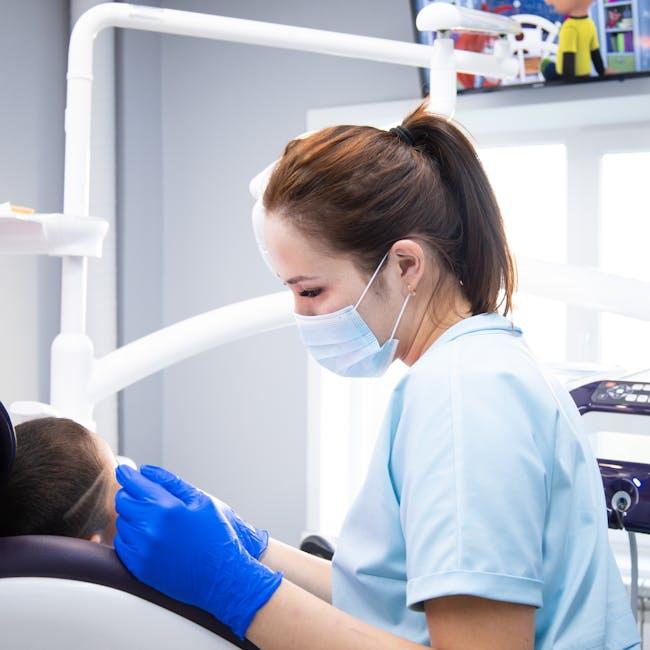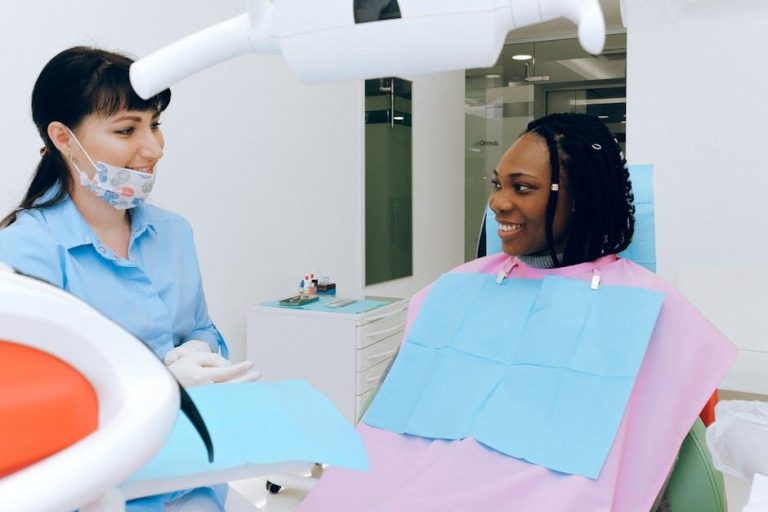
Dental Provider Opencare Sued Over Google, TikTok Data Sharing – Bloomberg Law News
In a developing story shaking the dental healthcare sector, Opencare, a prominent dental provider and appointment-booking platform, has been sued over allegations of unauthorized data sharing with tech giants Google and TikTok. The complaint, spotlighted by Bloomberg Law, raises significant privacy and data protection concerns for millions of users. This article breaks down the lawsuit details, the broader implications for dental data privacy, and what patients should watch out for in the digital age.
Understanding the Lawsuit Against Opencare
Opencare, well-known for simplifying dental appointment scheduling through its online platform, reportedly collected and shared sensitive patient data with third parties, most notably Google and TikTok, without explicit user consent. This data sharing allegedly violated federal and state consumer protection laws, leading to the recent class-action lawsuit.
Key Allegations in the Lawsuit:
- Data Sharing without Consent: Opencare is accused of sending users’ dental appointment details and personal health information to Google and TikTok tracking tools.
- Violation of Privacy Laws: The lawsuit claims breaches of the Health Insurance Portability and Accountability Act (HIPAA) and California Consumer Privacy Act (CCPA), among others.
- Lack of Transparency: Plaintiffs argue that Opencare failed to disclose its data-sharing practices clearly in privacy policies or user agreements.
Why This Case Matters: Privacy in Healthcare Tech
The controversy surrounding Opencare highlights growing concerns about data privacy within healthcare technology platforms. Increasingly, digital health providers collect and process personal data to improve services. Yet, this case underscores how insufficient privacy safeguards might jeopardize sensitive information.
Opencare’s sharing of data with advertising and social media behemoths like Google and TikTok amplifies the risk of misuse and unauthorized profiling. As patients entrust their health details online, the onus is on providers to uphold the highest privacy standards.
Implications for Users and Industry:
- Increased regulatory scrutiny on healthcare data processors and digital referral services.
- Greater awareness among patients about their rights under HIPAA and CCPA.
- Potential tightening of privacy policies and enforcement actions for non-compliant platforms.
Google and TikTok’s Role in Data Tracking
Google and TikTok are not directly named as defendants but are central to the lawsuit’s allegations due to their involvement in tracking user behavior and data analytics. The platforms gain access to detailed health-related data through embedded trackers and pixels integrated into Opencare’s website and app.
This digital tracking enables targeted marketing and algorithmic profiling but raises serious ethical and legal questions when it involves sensitive health information.
How Data Sharing Occurred
| Data Type | Shared With | Purpose |
|---|---|---|
| Dental appointment dates/times | Google Analytics & Ads | Behavior tracking & targeted advertising |
| User search queries & preferences | TikTok Pixel | Content personalization & ad delivery |
| Basic user info (name, email) | Third-party marketing partners | Lead generation & profiling |
Benefits and Practical Tips for Protecting Your Health Data
While technology-driven platforms like Opencare offer convenience, it’s crucial to safeguard your health data. Here are some practical tips to stay secure:
Protecting Your Medical Data Online:
- Review Privacy Policies: Always read and understand how platforms handle your data before consenting.
- Limit Information Shared: Provide only essential info when booking appointments or registering.
- Use Privacy Tools: Utilize browser extensions and options to block trackers and prevent third-party data sharing.
- Exercise Your Rights: Under laws like CCPA, request access to data collected about you or ask for deletion.
- Choose Providers Carefully: Prefer dental services that explicitly commit to data privacy and compliance.
Case Study: The Ripple Effect of Opencare’s Lawsuit
Since the Bloomberg Law article broke the news, the lawsuit against Opencare has spurred other healthcare platforms to reevaluate their data practices. Digital health startups now face amplified pressure to comply with HIPAA and applicable data privacy legislation.
A leading dental insurance company recently announced a suspension of partnerships with platforms lacking transparent privacy policies. The case has essentially set a benchmark for the healthcare tech industry.
Conclusion: What This Means for Patients and Providers
The Opencare lawsuit serves as a critical reminder about the fragility of privacy protections in an increasingly digital healthcare landscape. For patients, being informed and vigilant about data sharing practices is more important than ever. For providers, the lawsuit is a cautionary tale emphasizing the need for greater transparency, user consent, and stringent data handling policies.
As the case unfolds, it will likely influence regulatory advancements and reshape expectations around data privacy in the dental and broader healthcare realms. Ultimately, balancing innovation with strong privacy safeguards is essential for trust and safety in healthcare technology.


